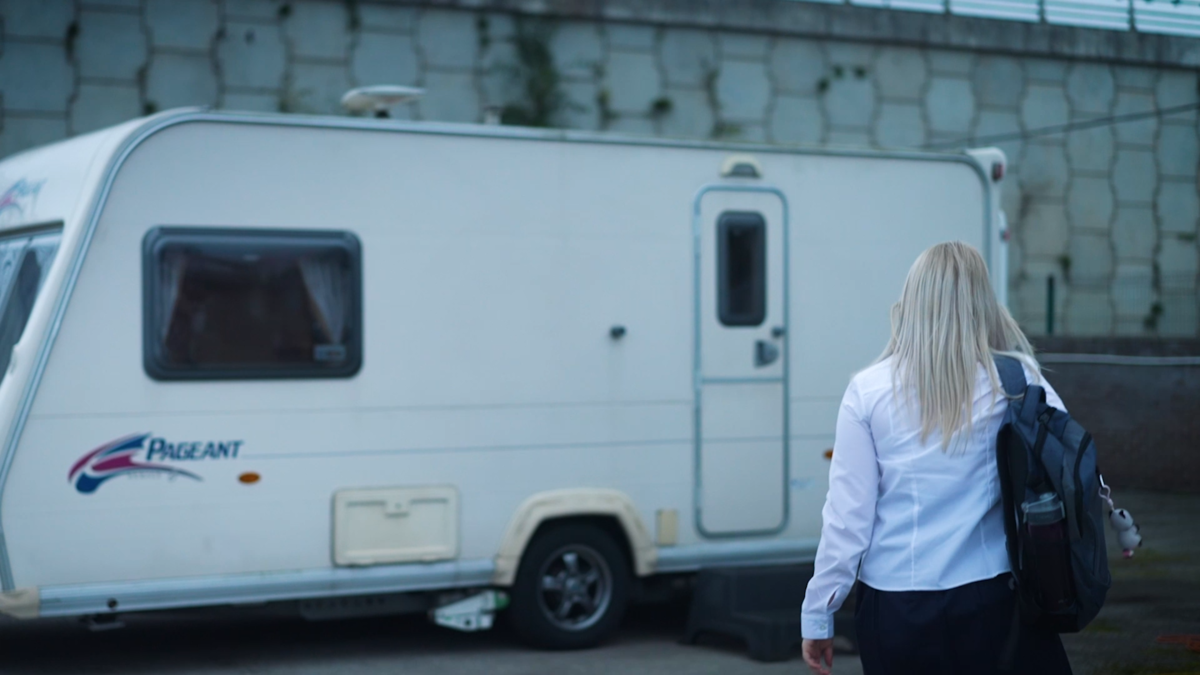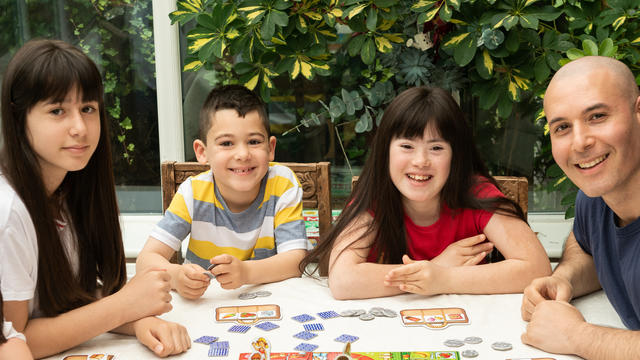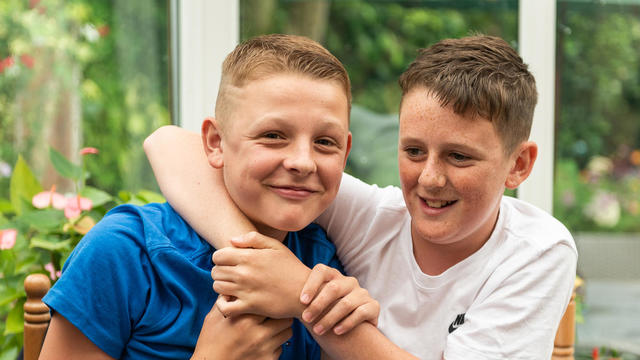It’s National Care Leavers Week

This week - National Care Leavers Week - is an important chance to shine a light on the experiences of care leavers and to advocate for the recognition that children in care are often treated as if they are not part of the system at all.
Every child in care deserves the same love, stability, and safety a family would provide, and yet many are left without these foundations.
Cliff edge
The "care cliff" is a significant challenge, as children in care often lose critical support when they turn 18. This abrupt transition can leave young people feeling disoriented and abandoned at a time when they need stability the most.
A 2022 survey by Ofsted gathered 255 responses from children in care and care leavers (aged 16 and over) and revealed concerning statistics:
- Fewer than half of care leavers felt they had a say in the type of accommodation they moved into, with only around a third being given options to choose from.
- Disturbingly, some young people hadn't even seen their new accommodation until the day they moved in.
- Also, of those 16- and 17-year-olds still in care, 39% still did not have a Personal Adviser and 21% only got one when they were 17. This is particularly alarming given that having a PA is a legal requirement under the Children (Leaving Care) Act 2000.
Children in care not receiving ‘care’
Semi-independent accommodation
In 2022, the government banned local authorities from placing children aged 15 and under in semi-independent accommodation.
However, this ban has not been extended to 16- and 17-year-olds, despite 34 children dying while living in these settings over the last six-year period.
- Between 2009 and 2019, the percentage of young people living in semi-independent accommodation increased by 210%.
- More than 7,000 teenagers in care in England live in semi-independent accommodation, without day-to-day care, and the number is rising each year.
Basically, the care system is split in two. Children aged 15 and below are entitled to regulated care, while children aged 16 and 17 are not.
Despite the ban, children under the age of 16 are occasionally placed in these settings. Last year, a local Council illegally sent a 13-year-old boy to live in a static caravan 200 miles from family (Mirror, 2023). This shows that children in care can face a ‘‘cliff edge" even earlier than age 16, which is unacceptable and illegal.
Semi-independent accommodation is simply not the same as a registered children’s home where children are entitled to the care they need and deserve. In semi-independent accommodation, children can live in a shared environment with adults without staff present – this is a major safeguarding risk.
Illegal settings are used for children in care
Meanwhile, local authorities continue to use unregistered — and therefore illegal — settings to house children in care.
In 2023, we put in Freedom of Information Requests (FOIs) across all councils in England to understand the usage of unregistered (illegal homes).
We found that the use of unregistered accommodation in the sector is prolific, and expensive - with the majority of children there being under the age of 16.
In the recent ‘Big Listen’ consultation, Oftsted said that ‘they want the powers and resources they need to put a stop to unregistered children’s homes once and for all’.
What we want to see
We have three key asks from the government:
- Every child in care must live in a setting which meets the standard of care outlined in the Children’s Homes Regulations 2015.
- Immediate action to put an end to the use of unregistered (illegal) accommodation for children in care.
- The money spent on unregistered accommodation (more than £100 million each year) could contribute towards long-term reform.
Stay updated!
Every child in care should be cared for, with a clear pathway to independence when they are ready. Our work is rooted in the belief that no child in care should face an unstable future due to systemic gaps.
Stay updated on our work and support our mission to ensure that all children in care experience a true sense of home, stability, and a caring community.
You can keep up with our updates via our website or by signing up to our campaign emails.





